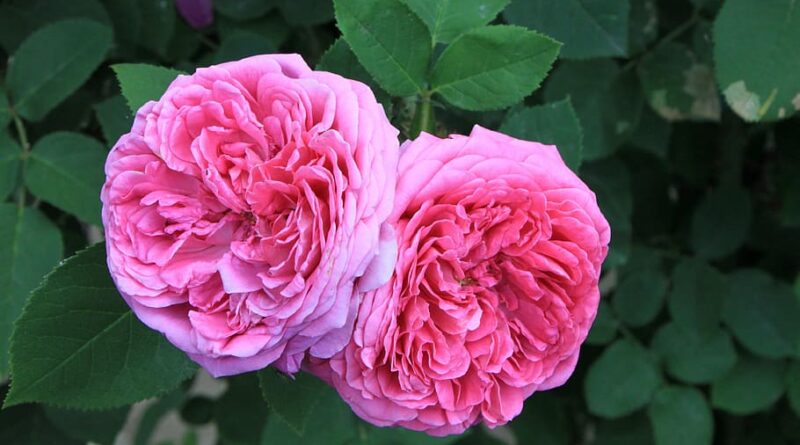Damask rose
The Enchanting Elegance of Damask Rose: A Tale of Beauty, History, and Eternity
Introduction
In the heart of countless gardens, amidst vibrant hues and delicate fragrances, blooms a flower that has captured the imagination of poets, perfumers, and lovers for centuries—the Damask rose (Rosa Damascena). Renowned not only for its captivating beauty but also for its rich history and myriad uses, the Damask rose stands as an emblem of elegance and timeless allure. In this article, we delve into the enchanting world of Damask roses, exploring their origins, cultural significance, and the artistry they inspire in perfumery, culinary arts, and beyond.
Historical Roots
The Damask rose, believed to be native to the Middle East, has a history as intricate and fascinating as its blossoms. Its cultivation dates back to ancient times, with evidence suggesting that it was grown in Mesopotamia and Ancient Egypt around 500 B.C. The rose’s name is derived from the city of Damascus, Syria, where it was cultivated extensively during the Islamic Golden Age.
Cultural Significance
Throughout history, the Damask rose has symbolized various concepts, including love, beauty, and spirituality. In ancient Greek and Roman mythology, the rose was associated with goddesses such as Aphrodite and Venus, signifying love and desire. In Islamic culture, the rose holds a special place, symbolizing the ephemeral nature of life and the divine presence. The significance of the Damask rose is also reflected in literature, art, and religious texts, where its beauty and fragrance are celebrated.
The Art of Perfumery
One of the most coveted treasures of the Damask rose is its essential oil, extracted through a delicate process known as steam distillation. This precious oil, often referred to as rose otto, is revered in the world of perfumery for its exquisite scent and therapeutic properties. Perfumers consider it the “heart of perfumery” due to its complex and multifaceted aroma, which combines floral, spicy, and honey-like notes. The use of Damask rose oil in perfumery can be traced back to ancient civilizations, where it was highly valued by royalty and nobility.
Culinary Delights
Beyond perfumery, Damask roses have found their way into the culinary world, adding a touch of elegance and sophistication to various dishes and beverages. Rose water, a fragrant liquid derived from Damask roses, is a popular ingredient in Middle Eastern, Indian, and Mediterranean cuisines. It is used to flavor desserts, sweets, and beverages, imparting a subtle floral note that tantalizes the taste buds. Additionally, Damask rose petals are often used to create jams, syrups, and teas, showcasing their versatility in the culinary arts.
Healing Properties
In addition to their delightful aroma and culinary uses, Damask roses are valued for their therapeutic properties. Rose oil is renowned for its calming and soothing effects, making it a popular ingredient in aromatherapy and skincare products. It is believed to alleviate stress, anxiety, and depression, promoting emotional well-being and relaxation. Rose-infused products, such as face creams and toners, are cherished for their ability to hydrate the skin, reduce redness, and enhance complexion, making Damask roses a cherished ingredient in natural skincare remedies.
Conclusion
The Damask rose, with its timeless beauty, rich history, and multifaceted utility, continues to captivate the world with its allure. From perfumery and culinary arts to skincare and cultural symbolism, this exquisite flower has left an indelible mark on human civilization. As we revel in its delicate fragrance and marvel at its resplendent petals, we are reminded of the enduring connection between nature and human creativity. In the eternal bloom of the Damask rose, we find inspiration, beauty, and a testament to the enduring charm of the natural world.



